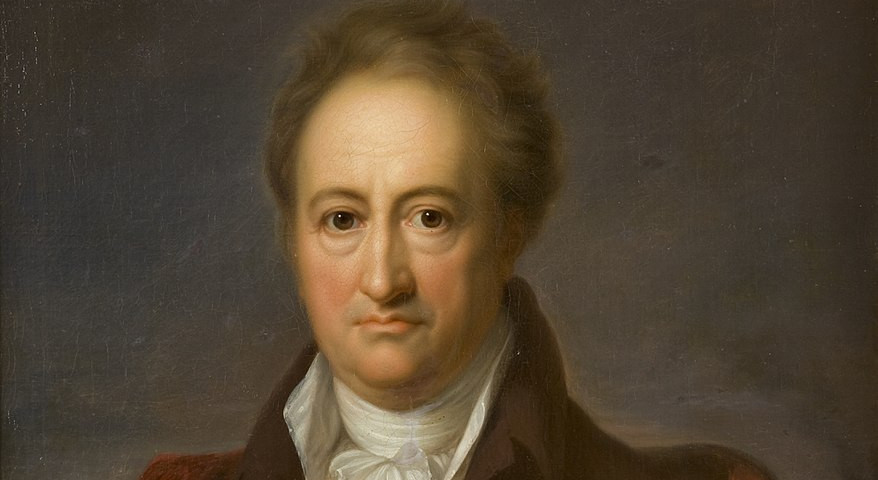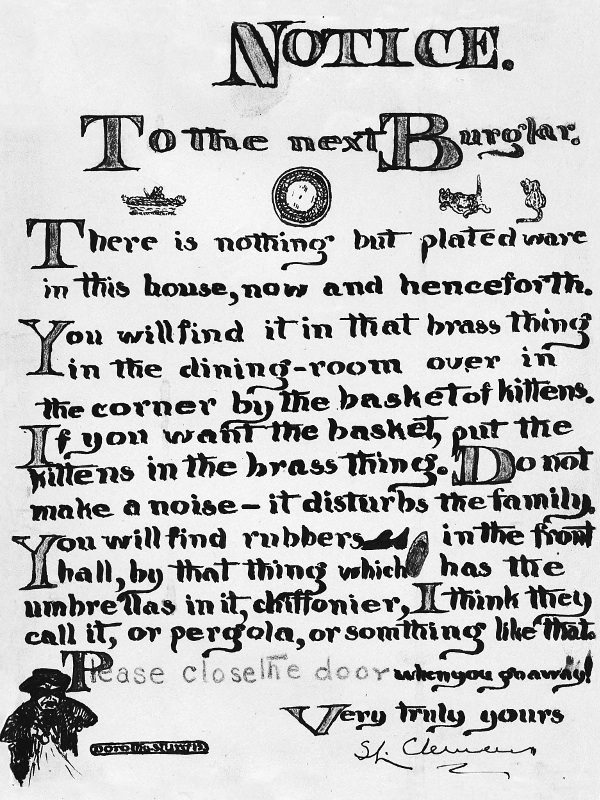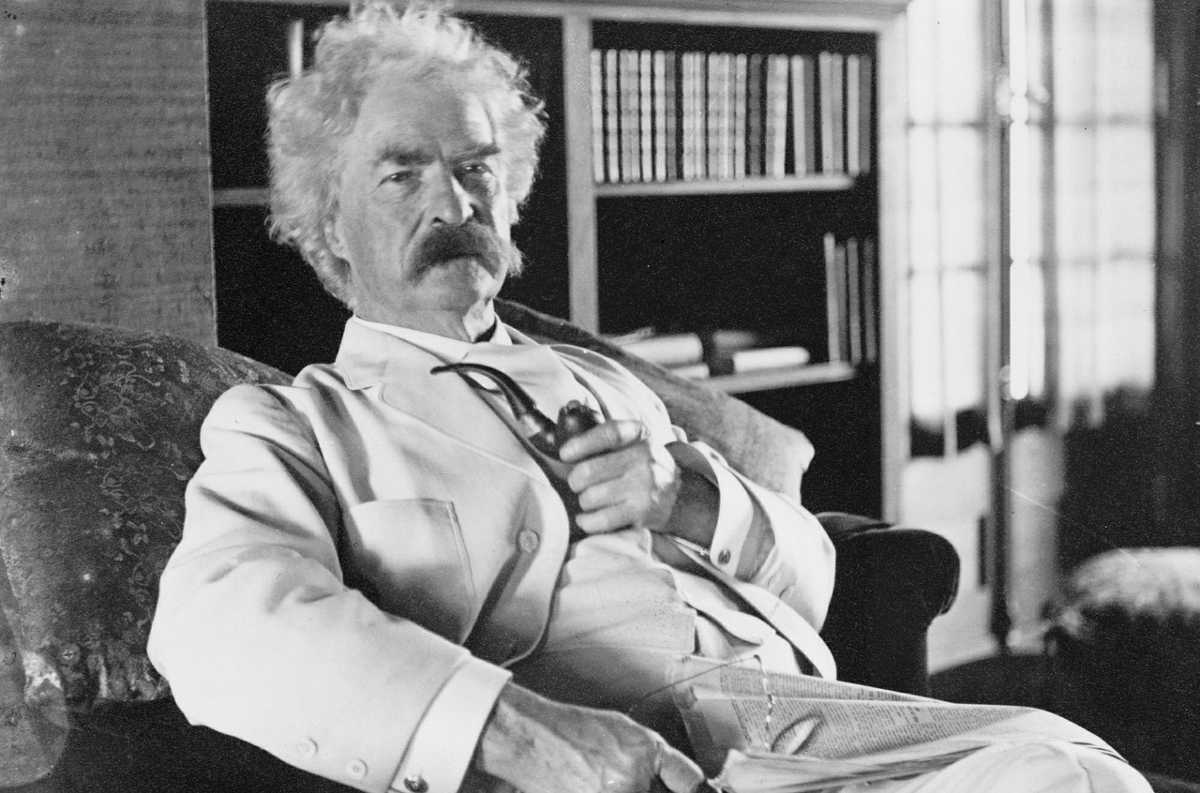In 1882 Anton Chekhov published eight “Questions Posed by a Mad Mathematician.” Here are the first three:
- I was chased by 30 dogs, 7 of which were white, 8 gray, and the rest black. Which of my legs was bitten, the right or the left?
- Ptolemy was born in the year 223 A.D. and died after reaching the age of eighty-four. Half his life he spent traveling, and a third, having fun. What is the price of a pound of nails, and was Ptolemy married?
- On New Year’s Eve, 200 people were thrown out of the Bolshoi Theater’s costume ball for brawling. If the brawlers numbered 200, then what was the number of guests who were drunk, slightly drunk, swearing, and those trying but not managing to brawl?
The full list appears in The Undiscovered Chekhov, translated by Peter Constantine (1998). No answers are provided.





